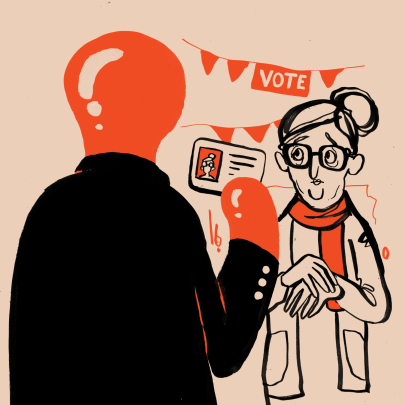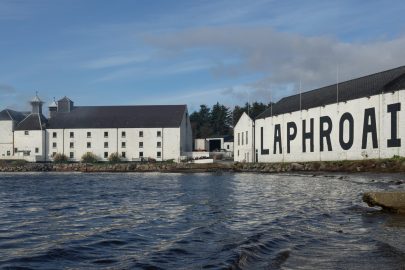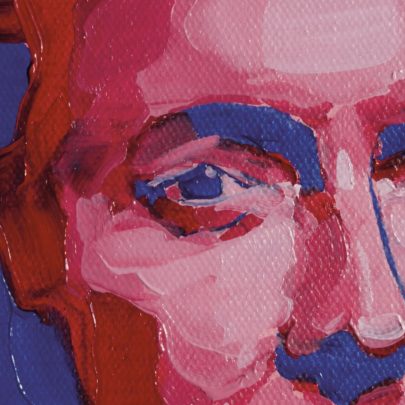Sep 30, 2021 Politics
At what moment does a politician realise he is unbeatable? For nearly nine years, former Prime Minister Sir John Key was head and shoulders above anyone who bit at his heels. He made short work of former Labour leader Phil Goff at the 2011 election, and even shorter work of an inept David Shearer. David Cunliffe was next, although his chief opponent in the 2014 election was his own caucus. At his height, in December 2010, the former Prime Minister was registering an 81 percent favourable rating and only a 17 percent unfavourable rating. These are numbers that even the incumbent Prime Minister Jacinda Ardern would struggle to match. At least pre-Covid.
And so, for Key, it might have felt like he had run out of road when he made his way to the Beehive theatrette to announce his resignation in December 2016. Helen Clark, whom Key saw to in 2008, was his only serious threat, and the only Labour leader who was quite as quick on the uptake. Political observers sometimes forget that for all Key’s banalities (his primary modes were ‘relaxed’ and ‘ambitious’) and freakiness (the ponytail thing), his memory recall was superb, his policy knowledge was as good as that of any of the intellectuals in his caucus, and his ability to rhetorically outflank his opponents was second to none, whether it was baiting Phil Goff in Jerry Maguire fashion to “show me the money” at a 2011 leaders’ debate, or smooth talking a frustrated John Campbell in that famous interview over the GCSB Bill in 2013.
Only four years into her own prime ministership one wonders when Jacinda Ardern might arrive at the same point. In her one and a half terms, the Prime Minister has dealt to Bill English, Simon Bridges, Todd Muller, and soon enough Judith Collins. She runs rings around interviewers in the same way Key did (never forget her dragging Mark Richardson into the 21st century over his questions about whether women must share their childbearing intentions with their employers). Ardern’s memory recall, policy knowledge and rhetorical skills are head and shoulders above the opposition politicians who bite at her heels too. At what point does she, too, run out of road? In a post-Covid moment, when vaccination rates are high, the borders open, and life returns as close to ‘normal’ as possible?
The precise moment, if it ever arrives, remains a matter for speculation. But it’s worth asking what would happen if it ever comes. Who steps up? Finance Minister Grant Robertson is the obvious successor. He is Labour’s most accomplished tactician, certainly its best economic steward, and its best communicator after the Prime Minister. Yet his career is so tightly wound to Ardern’s that it is hard to imagine one present when the other is absent. After Robertson, there are those one might term the up- and-comers or the outside chances. The brilliant Conservation Minister Kiri Allan, whose calm, humour and detail during the March tsunami threat was extraordinary — all the more so because as that emergency was happening Allan was travelling back and forth to the hospital for tests that would eventually confirm a cancer diagnosis — is the obvious up-and-comer. The Minister for the Covid-19 Response, the competent Chris Hipkins, is an outside chance and probably falls into the ‘safe pair of hands’ category.
But there is another contender, and one who is quickly distinguishing himself as Labour’s policy mover: Minister of Transport and Workplace Relations and Safety Michael Wood. In less than a year, the MP for Mt Roskill refined the New Zealand Upgrade Programme to drop hideously expensive projects like Mill Rd in South Auckland, implemented a clean car discount for electric vehicles, lit a fire under the feet of the Let’s Get Wellington Moving group, declined to toll the Pūhoi to Warkworth motorway, launched the Northwestern Bus Improvements project for West Auckland, brought back the Hillside railway workshop in Dunedin, slammed management at Ports of Auckland, delivered on 10 days’ sick leave for workers, boosted the minimum wage to $20, and signalled that he will introduce legislation to enact Fair Pay Agreements by year’s end. This is a work programme that some ministers would struggle to implement in three years, let alone less than one.
Outside of the government’s Covid ministers — the Prime Minister, the Finance Minister, Hipkins, and perhaps Associate Health Minister Ayesha Verrall — Wood is the most reliable performer. Health Minister Andrew Little is drowning under a heavy workload, as is the other first-term performer Kris Faafoi. That leaves Wood who is almost single-handedly answering the two main critiques of the Labour government. From the right, critics allege that the government struggles to actually get anything done (outside of a crisis). Wood, whose workload and reform programme does not seem to stop, proves otherwise. And from the left, critics allege that Labour is not actually left wing enough. Again, Wood, who is spearheading Fair Pay Agreements, likely the largest redistribution programme in recent history, proves otherwise. This, his answer to the left, will determine whether he ever becomes Labour leader, and prime ministerial, material.
—
This story was published in Metro 432 – Available here in print and pdf.






